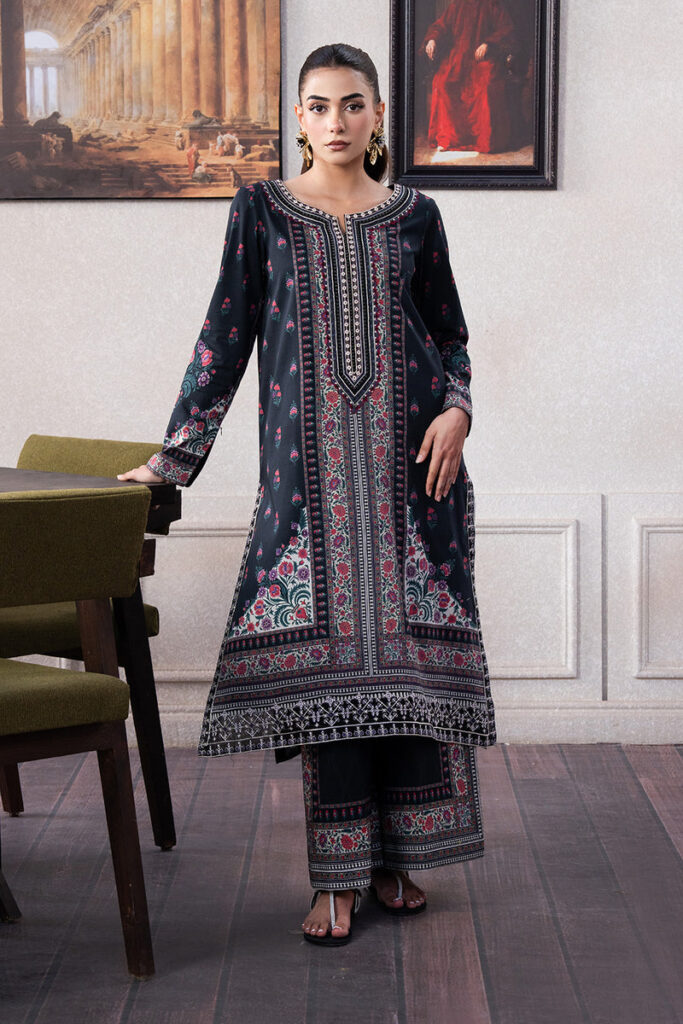Introduction
In the global textile market, cotton continues to be one of the most sought-after fibers due to its versatility, comfort, and sustainability. From fashion to home textiles, cotton’s applications are vast. However, to ensure high-quality cotton products, cotton buyers must rely on reputable cotton suppliers. This blog explores the relationship between cotton buyers and suppliers, highlighting why quality sourcing is crucial for the textile industry.
The Importance of Reliable Cotton Suppliers
For cotton buyers, sourcing high-quality cotton is essential. A reliable cotton supplier ensures that the cotton they provide meets industry standards, which is critical for manufacturers and brands looking to maintain quality in their products. Moreover, these suppliers often offer diverse cotton types, including organic, long-staple, and combed cotton, which cater to different market needs.
- Consistency: Reliable suppliers provide consistent fiber quality, reducing manufacturing issues and ensuring the final product meets the desired specifications.
- Sustainability: Many suppliers focus on sustainable farming practices, offering eco-friendly cotton options. Buyers increasingly look for suppliers who promote ethical production.
- Global Reach: Suppliers with an international network can cater to buyers worldwide, offering cotton from various regions like India, the USA, and Egypt.
Top Considerations for Cotton Buyers When Choosing a Supplier
When selecting a cotton supplier, buyers often evaluate several key factors:
- Quality Assurance: Cotton buyers look for suppliers who provide certification on the quality and origin of the cotton. This is especially important for organic and sustainable cotton.
- Pricing and Availability: The pricing of cotton plays a huge role, especially for buyers managing large production volumes. Additionally, suppliers need to ensure the availability of cotton during peak production seasons.
- Reliability and Timeliness: Delays in sourcing cotton can cause disruptions in the supply chain. Cotton buyers prefer suppliers known for timely deliveries and reliability in stock availability.
How Cotton Buyers Navigate Market Trends
The demand for cotton fluctuates depending on several market factors, including weather conditions, crop yields, and fashion trends. Cotton buyers often rely on their cotton suppliers to stay updated on market conditions and adjust their sourcing strategies accordingly. For instance, in recent years, there has been a growing demand for organic cotton, which is produced without harmful chemicals and pesticides.
- Sustainability: Cotton buyers are increasingly focused on sustainability, pushing suppliers to adopt organic and fair-trade practices. Suppliers who can meet these demands stand out in a competitive market.
- Price Volatility: Buyers also have to manage price fluctuations in the cotton market. Trusted suppliers help buyers by offering stable pricing or alternative options when prices surge.
Cotton Buyers’ Role in Ensuring Ethical Sourcing
The fashion industry, in particular, faces scrutiny over its sourcing practices. Consumers are increasingly demanding transparency, and cotton buyers play a vital role in ensuring ethical sourcing. By choosing cotton suppliers that prioritize fair labor practices and environmentally friendly production, buyers can maintain brand integrity and appeal to conscious consumers.
- Fair Trade Cotton: Many cotton suppliers now offer fair-trade cotton, ensuring that farmers are paid fairly for their labor and resources.
- Eco-Friendly Practices: From reduced water usage to organic farming, suppliers that focus on eco-friendly cotton production are favored by buyers focused on sustainability.
The Future of Cotton Sourcing
As the demand for sustainable, high-quality cotton continues to grow, cotton buyers and cotton suppliers must work closely to meet industry needs. The future of cotton sourcing lies in ethical practices, technological advancements in farming, and the ability to adapt to market changes.
Conclusion
For cotton buyers, partnering with a reputable cotton supplier is essential to ensure high-quality sourcing and maintain competitive edge in the textile industry. By focusing on factors such as quality, sustainability, and reliability, both buyers and suppliers can thrive in an evolving market.









